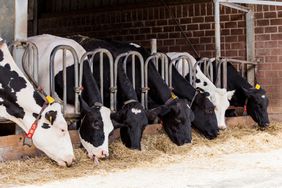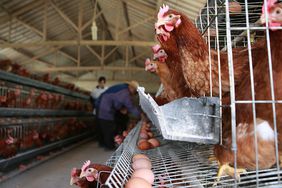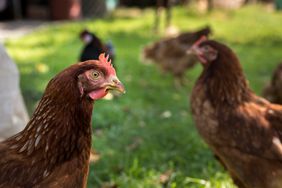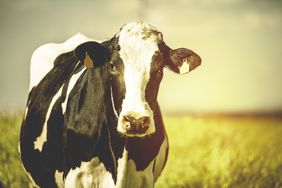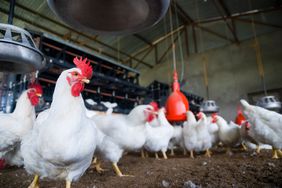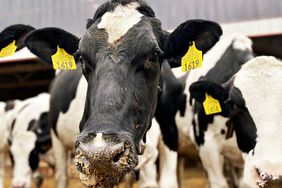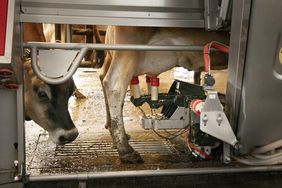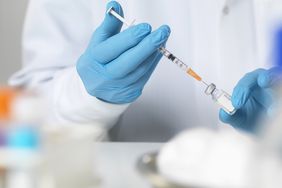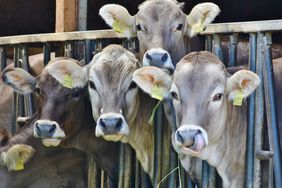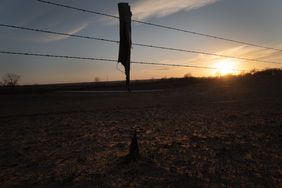:max_bytes(150000):strip_icc()/9682285258_786194085b_o-1-2000-2b3dbe555ad44893b9af74ef336ccdd5.jpg)
The government will stamp out bird flu through aggressive culling of infected flocks and is unlikely to turn to vaccines as a tool against the disease, said Agriculture Undersecretary Jenny Moffitt on Tuesday.
Moffitt told lawmakers the USDA has devoted $1.3 billion to quell a 14-month-old outbreak of highly pathogenic avian influenza and to keep African swine fever out of the country.
Both diseases have high mortality rates and pose a threat to food supplies. A record 58.7 million birds, mostly egg-laying hens and turkeys being raised for meat, have died of bird flu since outbreaks began in February 2022, helping to drive up egg prices. African swine fever, which is harmless to humans but kills almost all of the hogs it infects, was confirmed in Haiti and the Dominican Republic in summer 2021 — its first appearance in the Western Hemisphere in decades.
"At this stage of the outbreak, continuing our current strategy of eradication or 'stamping out' HPAI is our best and most effective option," said Moffitt in testimony at a House Agriculture subcommittee hearing. "We continue to stress more than anything else the importance of strong biosecurity to every producer."
USDA's Agricultural Research Service (ARS) is developing a vaccine to use on bird flu strains "so that we are prepared in the unlikely event if we should ever have to turn to vaccination to complement our eradication efforts," she said. It would be 18-24 months before a vaccine would be available and there are many factors to weigh about using it, particularly the impact on international trade.
Roughly 15% of U.S. poultry meat is exported. U.S. trading partners would have to agree to accept meat from vaccinated birds and the United States would have to prove the meat was free of the virus. The HPAI tests now in use do not easily distinguish between infected and vaccinated birds, so a new protocol may be needed.
USDA chief veterinarian Rosemary Sifford will discuss with other livestock welfare officials "if we need to look at vaccination differently" at a World Organization for Animal Health meeting in May, said USDA official Alecia Naugle, who accompanied Moffitt to the hearing.
The USDA took several steps, including establishment of a protection zone around Puerto Rico and the U.S. Virgin Islands, to reduce the chance of African swine fever reaching U.S. territory. "We have removed feral swine in Puerto Rico and the U.S. Virgin Islands because feral swine are a natural reservoir for the disease and could help the virus spread quickly if it moved into those territories," said Moffitt. The ARS is working on a vaccine against the disease.
"I remain confident we can keep the disease away," said Moffitt.
To watch a video of the hearing or to read Moffitt's written testimony, click here.
:max_bytes(150000):strip_icc()/ag-insider-credit-produced2x-aaaec021f96541f39e13694d955c2aeb.png)
